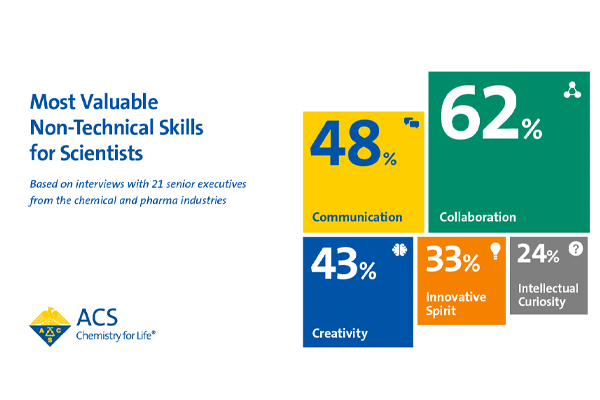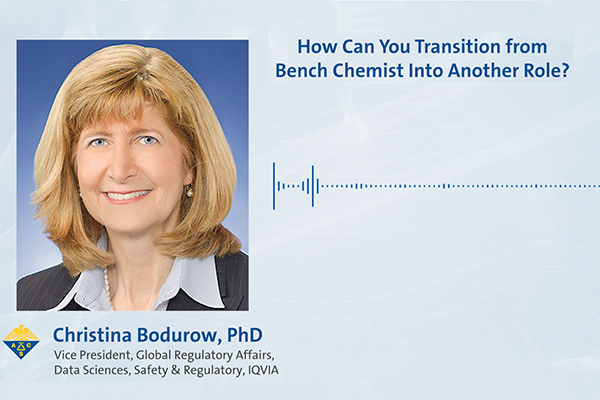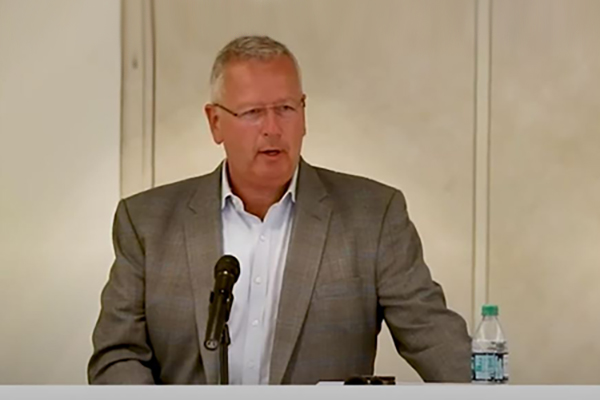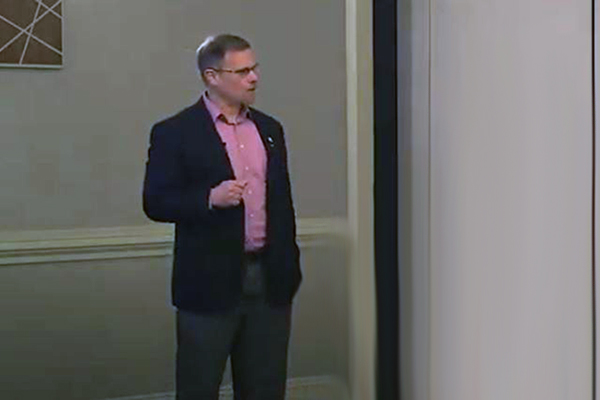Peter Eckes, President, BASF Bioscience Research: [00:00:00] When I interview people, usually I look for character. To be honest, some of the skills let's say, besides the science that you develop, you can develop in any areas in your private life by, be it, you are a team captain of a sports team, or of a marching band. There are skills that I think we are trained on throughout our lives.
As a company we offer people to get internships, to get feeling for it [working in industry]. And probably something that maybe I did miss out on as a scientist, but I'll recommend is if you have the chance in your college, in your education to add a little bit of a commercial economic training, that's probably not bad.
John Banovetz, Senior Vice President, Innovation and Stewardship and Chief Technology Officer: [00:00:51] I mentioned our collaborative culture. Being able to connect, being able to work across boundaries, being able to collaborate with different people - which then means the skills are communication skills, being able to orally present, and write well. I'd encourage anyone studying right now to take advantage of learning how to write, not just technical things better, but write, read, speak, present as well so that you can measure and work as a team. It's across any industry. It's much more collaborative, it's very much a team-based approach to being successful.
Alexa Dembek, Chief Technology and Sustainability Officer, DuPont: [00:01:25] I agree 100%, and an additional point could be, "How do you participate in your communities?" There are so many opportunities with robotics with United Way or with judging a science fair.
I think all of those show commitment and leadership and give you a chance to exercise muscles around communication and around scientific inquiry with an audience who might not be at the same level that you are. I think communication, problem solving, and those fundamentals are just really important.









